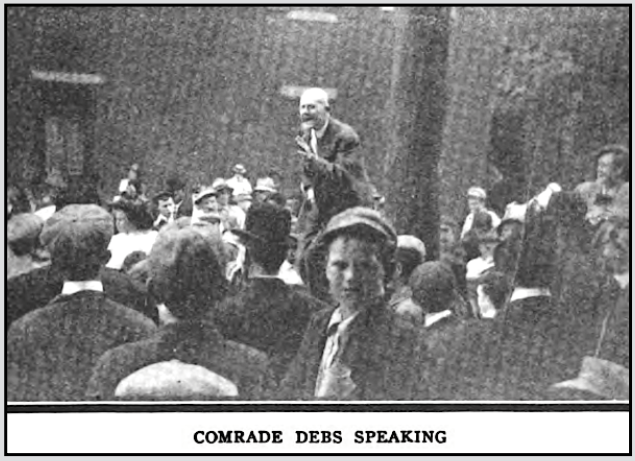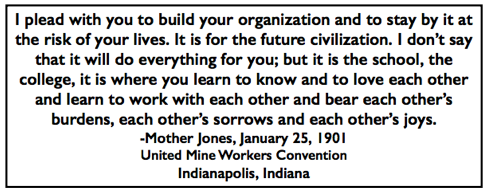 —————
—————
Hellraisers Journal – Thursday July 11, 1901
Mother Jones News Round-Up for June 1901, Part III
Found Speaking to Mine Workers of Dauphin County, Pennsylvania
From the Wilkes-Barre Times of June 11, 1901:
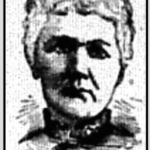
National Board Member Fred Dilcher and “Mother” Mary Jones returned to Scranton yesterday morning from Lykens and Williamstown in Dauphin county where they made a number of addresses to Mine Workers on Friday and Saturday. They will remain here during the week.
[Drawing of Mother Jones added.]
From the Wilkes-Barre Record of June 11, 1901:
PRESIDENT MITCHELL IN SCRANT0N.
President John Mitchell of the United Mine Workers arrived in Scranton yesterday afternoon from Indianapolis. President Mitchell’s visit to Scranton is for the purpose of appearing as prosecutor in the case of criminal libel against Richard Little, the editor of the Scrantonian, and which is on the trial list for to-day.
District president Nicholls, Fred Dilcher and “Mother” Jones also arrived in Scranton and will confer with President Mitchell during the week with reference to labor questions.
From the Scranton Tribune of June 11, 1901:
HE MAY NEVER BE TRIED
———-
Libel Case Against Richard Little Will Not
Be Called Today. Conference Last Night.
—–The libel case against Richard Little, editor of the Scrantonian, in which President John Mitchell, of the United Mine Workers, is the prosecutor, will not be tried today. It is possible It will never go to trial.
A conference for the purpose of effecting a compromise was held last night, at the St. Charles, in President Mitchell’s room. It was arranged for during the afternoon.
The conference lasted from 8 o’clock until 2 o’clock this morning. There were present President Mitchell and his attorney, Joseph O’Brien, and Editor Little and Attorney John F. Scragg.
About 11 o’clock the door of President Mitchell’s room was opened and all the assembled labor leaders invited in. In response to the invitation came National Organizer Fred Dilcher, “Mother” Mary Jones, President T. D. Nichols, of District No. 1; President Thomas Duffy, of District No. 9; Secretary John Dempsey, Organizers Robert Courtright and Nicholas Burke, Committeemen Henry Collins and J. J. Kearney, of District No. 1; Martin D. Flaherty, of the American Federation of Labor, and D. J. Keefe, president of the International Association of Longshoremen, who is now developes is the mysterious “Mr. Guernsey” of last fall.
Nothing would be given out from the conference except that the case would not be tried to-day…..
From the Shenandoah Evening Herald of June 11, 1901:
“Mother” Jones, accompanied by two Philadelphia newspaper men, visited the county jail Sunday afternoon, and spent some time with the Oneida rioters.

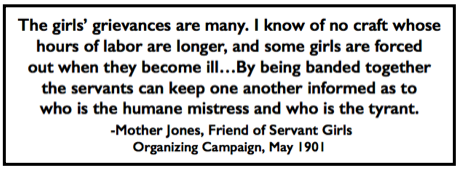 —————
—————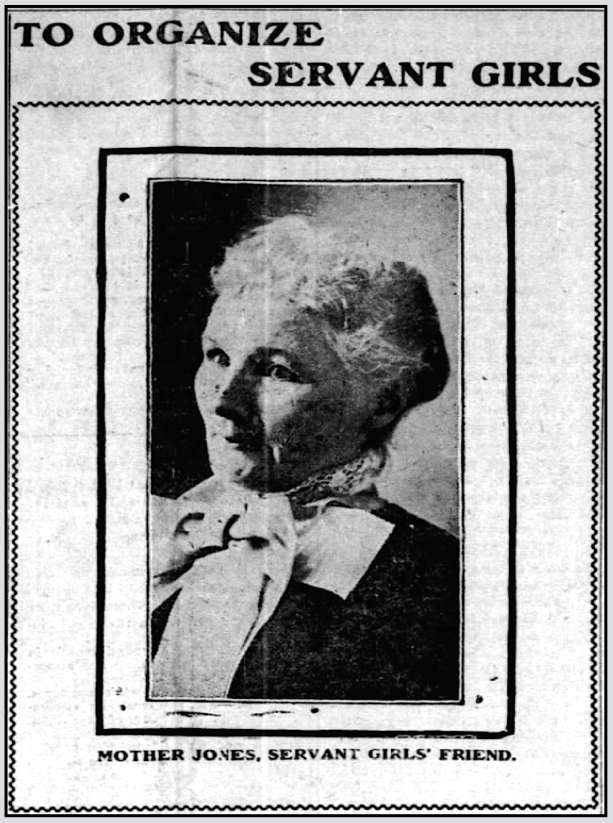
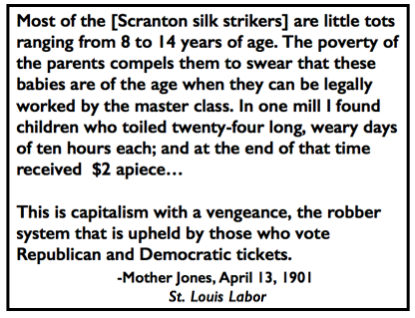 —————
—————
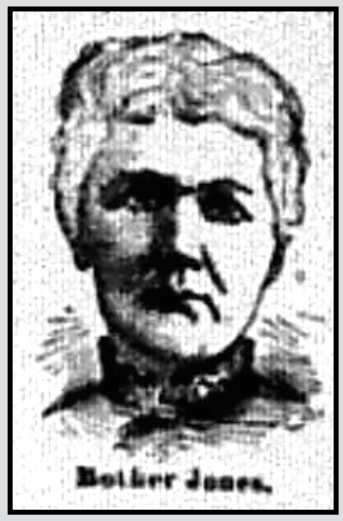


 —————
—————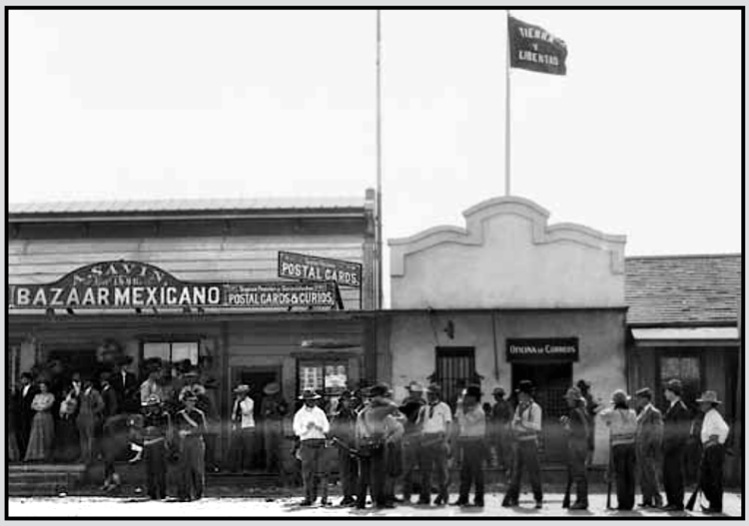
 —————–
—————–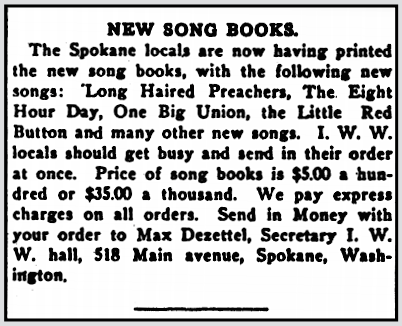
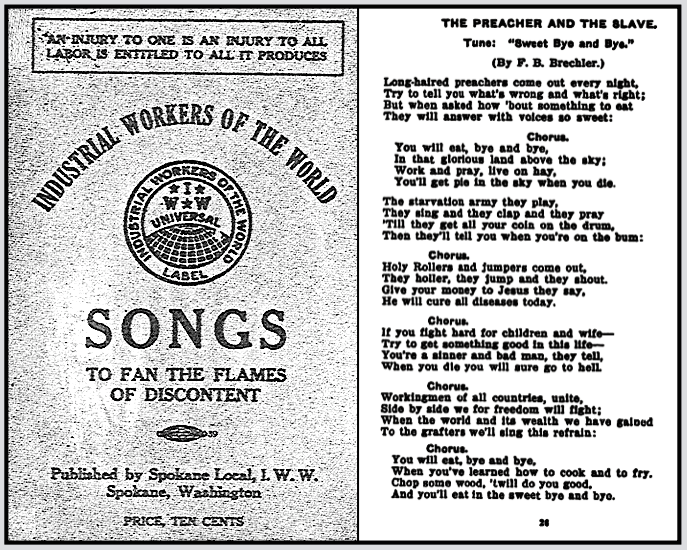
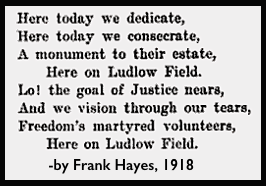 —————
—————
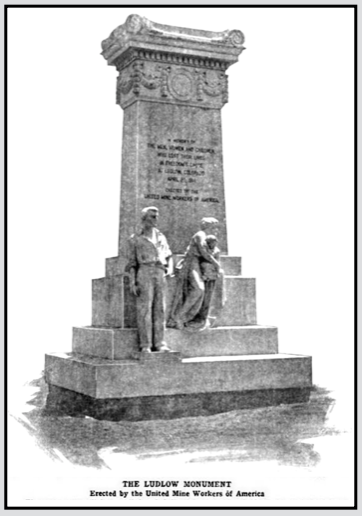
 —————–
—————–![From The Progressive Woman of July 1911:The above picture includes most of the delegates to the Unity Convention of 1901 the convention where the Socialist party came into existence. It was held at Indianapolis, Indiana, beginning July 29. The picture was taken on the east front of the state capitol. A number of the faces will be familiar to many readers.There were about one hundred and twenty-five delegates present, among whom were the following women: Corinne S. Brown, Martha A. Biegler, Margaret Haile, Elizabeth H. Thomas, Sula Lowrie, Mrs. Max S. Hayes, Martha H. McHugh and Carrie Rand Herron.The Unity Convention was called for the purpose of attempting to unite the various Socialist parties of the country. The largest of these were the Social Democratic Party and the Springfield wing of the Socialist Labor Party. The other wing of the Socialist Labor Party did not take part in the convention. State parties in Iowa, Kentucky and Texas, not affiliated with any national organization, were represented.The various factions that united in calling the convention had patched up their differences sufficiently to support the same ticket the year before. Animosities were very bitter, however. Had it not been for the withdrawal of various local and state organizations from the national organizations, thus decreasing their membership, it is hardly probable that the two national organizations could have been persuaded to consent to try to form an organic union.The main actions of the convention were the adoption of a national constitution, a national platform, a resolution on Socialism and trade unionism, a resolution on injunctions, and a resolution on the negro question.The platform came in for a hot discussion, especially the immediate measures. As adopted, it contained, among others, a provision for "equal civil and political rights for women."The resolutions were also warmly discussed. In fact, everything was warmly discussed. Socialists are always very earnest in their debates, and the bitter feelings which the delegates brought along made them especially earnest at that convention.But the great debate came on the constitution. Hot does not begin to express it. It was scalding, vitriolic. All the rancor in the hearts of the delegates was poured out in blistering words. At times it seemed to the most optimistic that unity was hopeless, and that we must disperse and go back to our several locals with the doleful confession that we had failed in our mission. But, out of it all came agreement-agreement on the famous Section Four of Article Twelve. Get out your national constitution and read it. It is historic. It is the state autonomy provision. Around it raged the battle as to whether we could organically unite. Its adoption made unity possible.Then came better feelings and a great relief. We went home with joy in our hearts, because we bore the glad tidings of a solidified Socialist Party-united-facing the enemy.---------------[Emphasis added.]](https://weneverforget.org/wp-content/uploads/2021/07/Delegates-to-Unity-Founding-Convention-of-SPA-July-Aug-1901-Prg-Wmn-p3-July-1911.png)
 —————
—————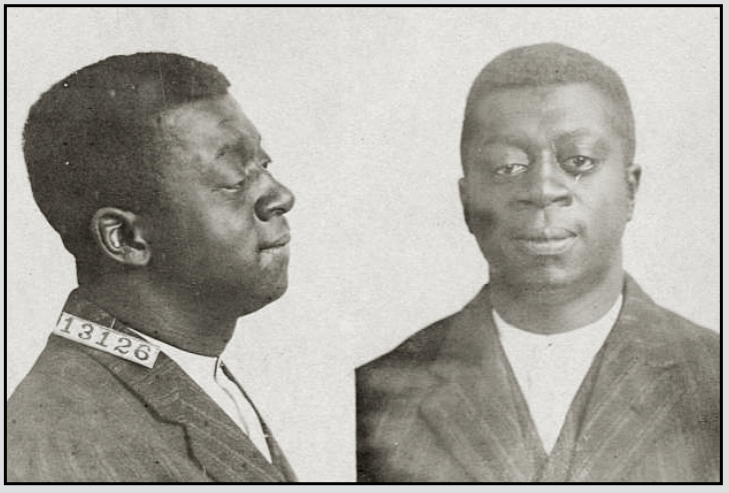
 —————
—————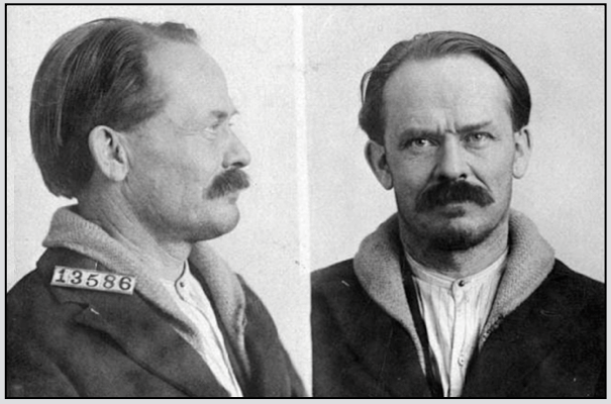
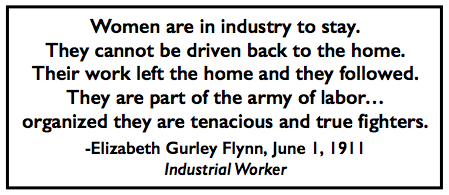 —————
—————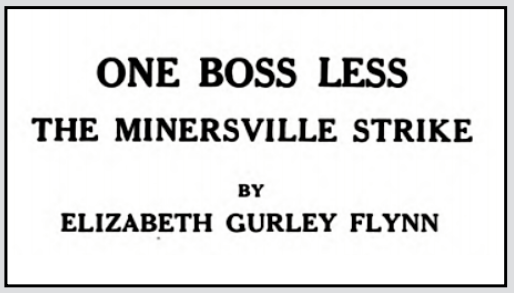 —–
—–